Last Tuesday during a conference, Lyft’s Chief Financial Officer, Brian Roberts, revealed that the final week of February marked the highest amount of rides - and revenue - the company has seen in its eight-year history.
This surge is undoubtedly tied to the COVID-19 outbreak, with people taking precautionary measures against contracting the virus by avoiding public transport and self-isolating at home.
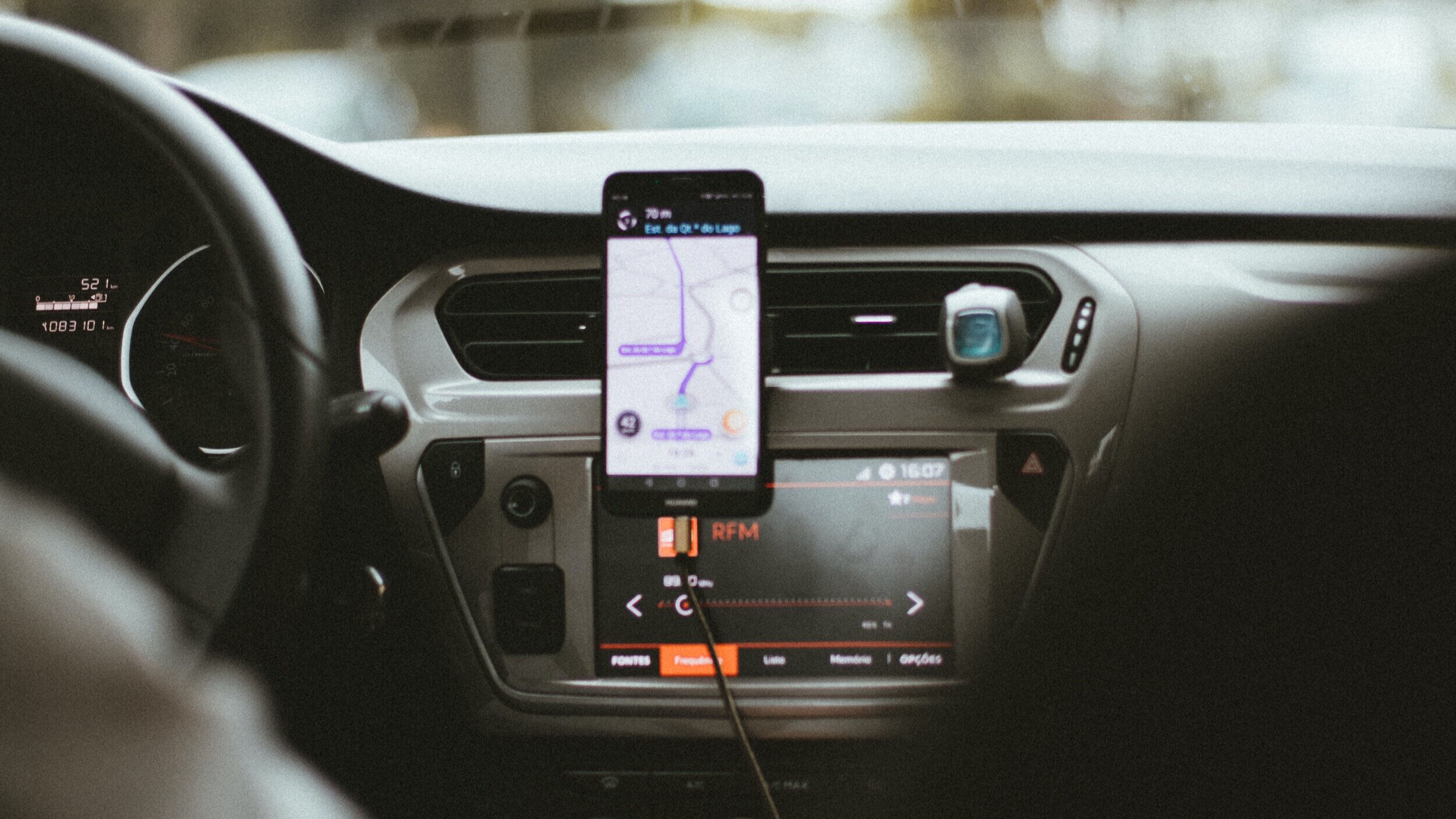
As a result, more contractors are having to take to the roads to make deliveries, drive passengers or carry out home-visits to meet the sudden rise in demand. This means they will need to take extra care in keeping themselves safe and healthy while working.
Given there is no vaccine available for coronavirus, prevention in the first instance should be aimed for, and is the best form of protection that exists currently. Installing protective measures will help control the daily number of new cases.
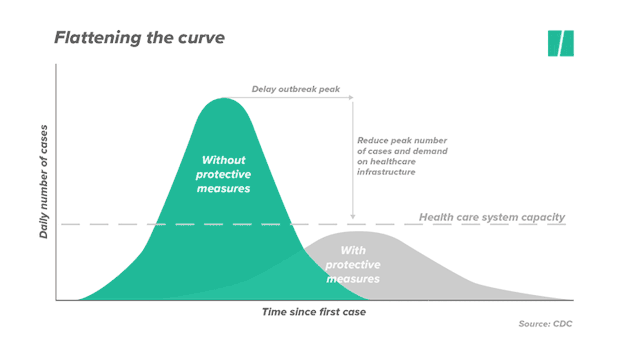
Source: ERICA RAE CHONG / HUFFPOST CANADA
The World Health Organization’s advice on preventing COVID-19 is to:
-
Cover your mouth and nose with a tissue when you cough or sneeze.
-
Put used tissues in the bin straight away.
-
Wash your hands with soap and water for 20 seconds – use hand sanitiser gel (at least 60% alcohol) if soap and water are not available.
-
Try to avoid close contact with people who are unwell.
-
Clean and disinfect frequently touched objects and surfaces.
-
Do not touch your eyes, nose or mouth if your hands are not clean.
Here are our five, on-demand specific top tips on how you can best support your people in staying safe and healthy during this time.
1. Provide cleaning supplies
COVID-19 is thought to spread from person-to-person through respiratory droplets when people are in close proximity of one another.
This puts on-demand workers at especially high risk as they interact with a large number of different customers every day.
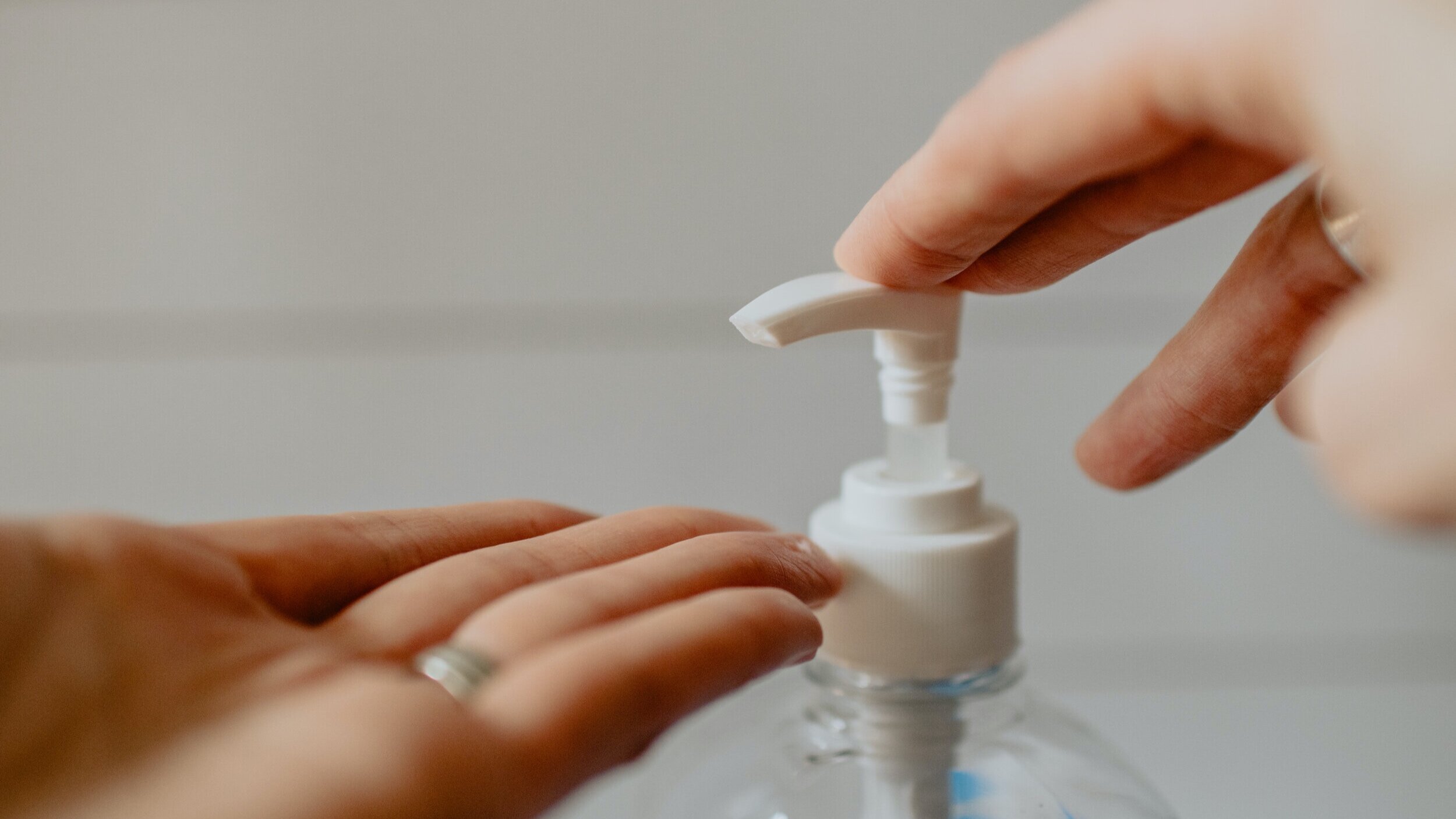
One way you can prompt them to follow the World Health Organization’s guidelines is by supplying them with cleaning products, such as hand sanitizers, antibacterial liquids or wipes.
Lyft and Uber are currently implementing this - Lyft has partnered with EO Products to distribute over 200,000 bottles of hand sanitizer to drivers free of charge.
2. Nudge your people to notify you
As well as making your policies surrounding COVID-19 clear, remind workers to notify you if they are experiencing:
-
Respiratory symptoms - coughing, sneezing, or shortness of breath
-
Cold or flu-like symptoms
-
A fever of 100 F (37.8 C) or higher
-
They have been formally diagnosed
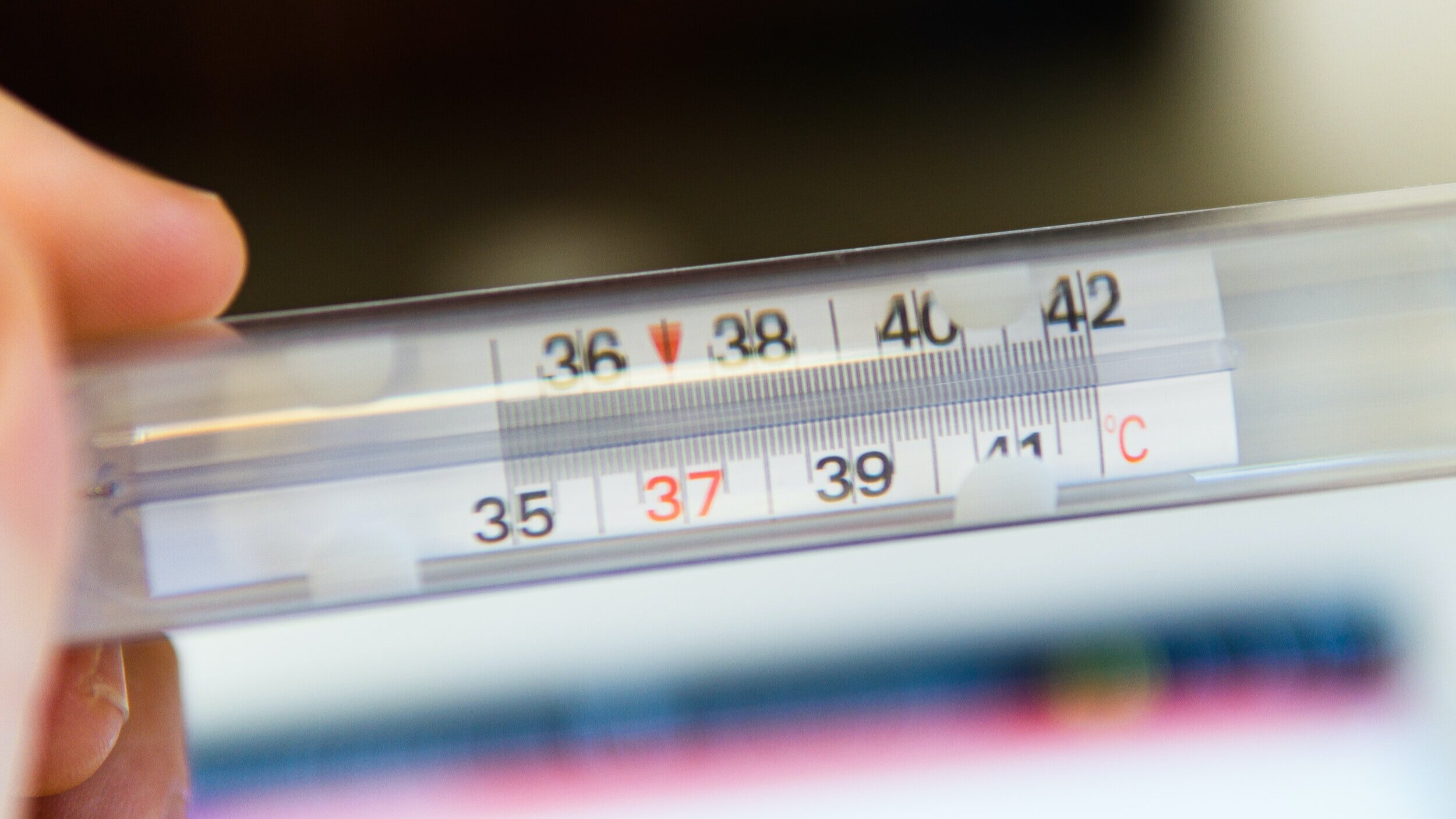
This puts you in a better position to take necessary further action, such as placing a temporary ban on accounts in order to contain the spread of the virus.
3. Encourage self-isolation if sick
A surefire way to achieve this is by placing a temporary ban on the accounts of those confirmed to have contracted COVID-19.
On-demand companies like Uber and Lyft have been enforcing such policies in a bid to support their workforce, customers and the public health authorities.
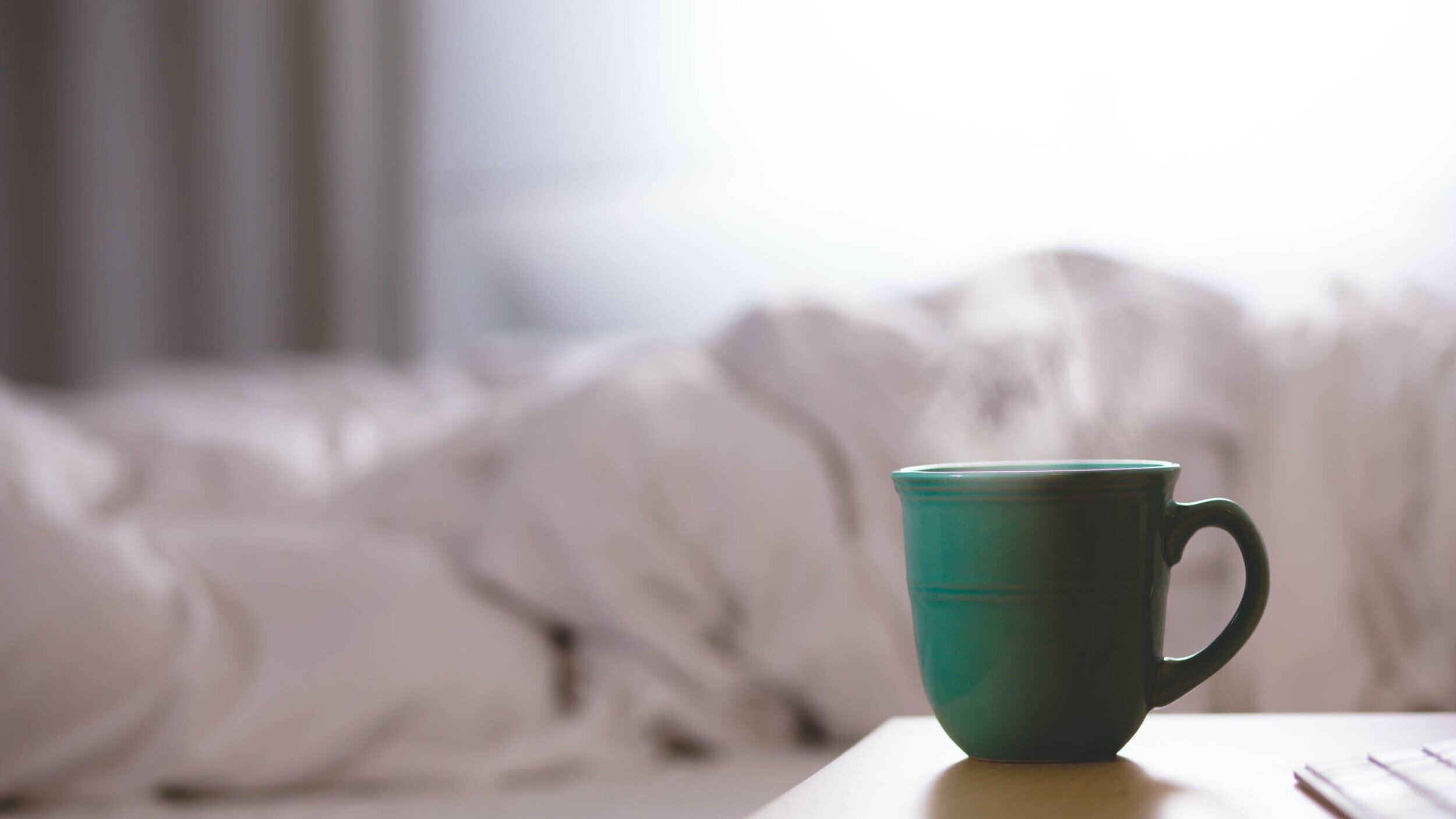
4. Provide loss of income support
Your people might be afraid of the consequences of not working if they start exhibiting symptoms - i.e. lost income.
Follow the lead of Lyft, Instacart, and Postmates, who are offering sick workers compensation. This is either in the form of 14 days paid sick leave (14 days being the incubation period of the virus) or in Postmates’ case, paying for doctors’ visits and medical expenses related to the infection.
This will incentivise them to prioritize their own health, and the health of others, if they are diagnosed or suspect they have it.
5. Keep them informed with lessons and reminders
Deliver a concise online course on necessary precautions they should be taking. For example:
-
Cleaning cars in between rides with antibacterial sprays or wipes
-
Maintaining physical distance with customers if and where possible
-
Making sure bags of food are properly sealed to prevent contamination
-
Making sure work kit or clothes are frequently washed
-
Wiping down bags that food is transported in between deliveries
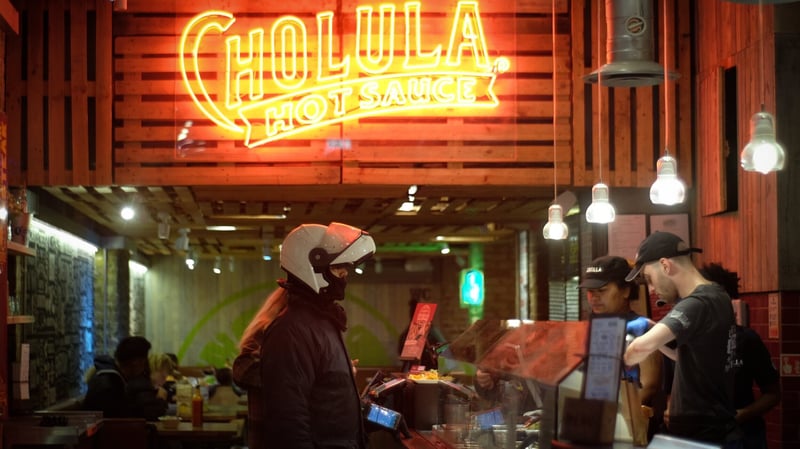
In addition to providing them with information on what they can expect from you specifically during the outbreak, provide them with more generic information on preventative measures, as well as rolling updates.
In the same way that you notify contractors of surge pricing or service shutdowns, send push notifications regarding COVID-19 updates, information or new online courses.
You could send push notification reminders on things like:
-
Avoiding shaking hands with customers
-
No-contact delivery options
-
Carrying a bottle of hand sanitizer while on the road
Follow any online courses up with reminders, such as to regularly check the World Health Organization’s website, or to notify you if they begin to feel sick. This will keep the information relevant, retained and fresh in their minds.
In any courses made, make sure to cover the prevention guidelines above, as outlined by the World Health Organization.






